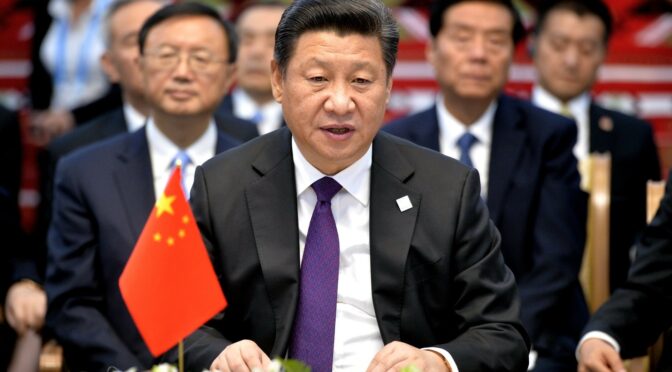Article published in Newsweek, 1 June 2020.
by Richard Kemp, Benjamin Anthony and Cade Spivey
Following the brutal killing of George Floyd, demonstrations and peaceful protests have taken place throughout the United States in a legitimate expression of deep grievances and suffering felt by members of black Americans and those who stand in solidarity with their cause.
Separate to those, gangs of violent, thuggish, rioting looters and agitators are now engaged in a rash of dangerous, criminal behavior spreading throughout America.
As a result, the security role of the National Guard, originally confined during the COVID-19 era to ‘support for warehouse and commodity management and distribution,’ ‘conducting logistics missions in support of the state response at warehouse locations’ and ‘advising and assisting, logistics, transportation, traffic control’ is now very likely to become vital, central and extremely complex—deployed as they will be to not only disperse those gangs, but also to protect the business owners and homeowners threatened by these violent mobs.
As veterans of the Israel Defense Forces, the United States Navy and the British Army, respectively, we are well aware of the complexities regarding the implementation of the use of force for the sake of crowd control, across a range of missions; from dispersal to anti-terror measures.
We understand the complexities of a military deploying and operating among and alongside a host nation’s citizenry against threats emanating from non-citizens. While conducting those operations, we found that the greatest asset to hand was a population of willing supporters—people who saw us not as Continue reading








